There has been no end in sight to the debate about what Bitcoin is or should be, dating back to 2010 when Satoshi Nakamotocalled on Wikileaks not to use Bitcoin for donations, until the debate about whether it is good that Bitcoin is used in the darknet markets, disputes about scaling in 2014-17. etc.
</p>Is Bitcoin Digital Gold? PayPal 2.0? The best form of money? And who in general has the right to judge this? And does it really matter, because the market will show over time what people prefer?
In this article, I will try to answer these questions and not only by examining how bitcoin is used now and how it can evolve in the future.
Why does anyone need Bitcoin?
As it should be in a market economy, priceBitcoin is entirely dependent on supply and demand. This may seem strange, because money is used to value everything else, but money also has supply and demand.
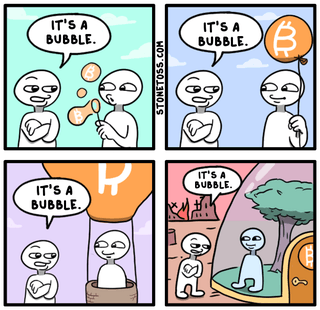
Money in abundance will benefitless demand, and rare money - more. We call abundant money easy because its supply is easy to increase. We call rare money solid because its offer is firmly fixed and it is hard to increase it.
First of all, people value Bitcoin because ithard money. People have an innate instinct that draws them to rare things, and Bitcoin has a limited supply of 21 million. The limit of 21 million in 10 years has not changed, making Bitcoin's rarities easier to trust. Those who appreciate the rarity of Bitcoin use it as a store of value. That is, they give up the blessings of today for the good of the future. They save.
Moreover, Bitcoin is unique in that itdifficult to confiscate. There are not many alternatives that are provably rare and resistant to confiscation. Real estate is a good store of value(earth is rare - it is impossible to create)but it’s easy to confiscate. Stocks and bonds are also good savings, but authorities can easily confiscate them. Bitcoin is practically the only asset that simultaneously has a proven rarity and resistance to confiscation.
But this does not mean that rarity and use inas a means of saving - the only reasons why someone needs bitcoin. There are people who need Bitcoin in order to make purchases in the darknet markets or send money to relatives abroad. These are the options for using Bitcoin as a means of payment.
Store of value -> means of payment
Payment options have one thing in common.hell. People want the amenities Bitcoin provides, but they don’t want to keep bitcoins. People who use Bitcoin as a means of payment do not care about price, but about delays, commissions, and volatility during a short window when they hold bitcoins.
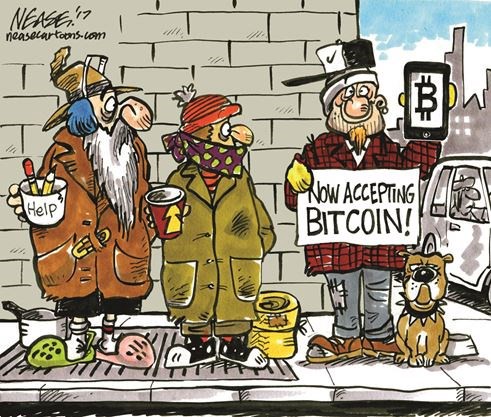
For example, if someone wants to buy LSD on the darknet markets, then they first buy Bitcoins with local currency(e.g. USD). Then he buys the goods. Bitcoins are sent to the merchant, who then converts them into local currency(for simplicity, let's say that this is also USD).
Neither party holds Bitcoin for too long or cares about the price of Bitcoin, as long as the total fees are acceptable(USD → BTC, transfer BTC, BTC → USD). Bitcoin could be worth $100 or $100,000 – forits use as a means of payment does not matter. The main thing is convenience. In turn, the demand for a means of payment does not greatly increase the demand for Bitcoin, since the purchased amount is soon sold.
The only real benefits of greater utility as a means of payment is that Bitcoin can increase convenience in special cases(international transfers, darknet)and Bitcoin's liquidity may increase slightly as there are more places to "sell" Bitcoins for goods or services rather than other currencies.
For those who use bitcoin because of itrarities, that is, as a means of saving, price has a certain meaning. If you talk to people who store bitcoins, then they all constantly monitor the price. This is a clear proof that most people use Bitcoin not as a means of payment, but as a means of saving.
Payment Competing
Why do people value Bitcoin much more as a store of value than as a means of payment?
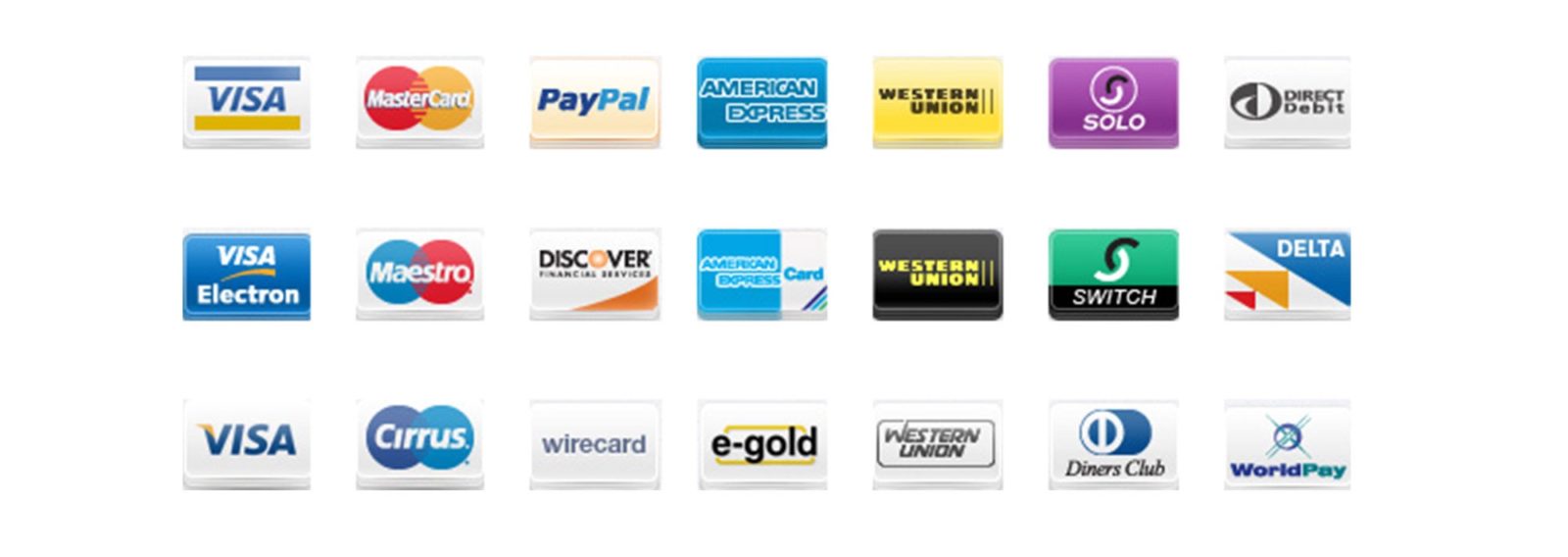
If you look at the scope of payments, the answerbecomes apparent. Consumers already have a large selection of means of payment. Cash, credit and debit cards, PayPal, Venmo, Square Cash, Google Wallet, Apple Pay, Samsung Pay and even good old bank checks are just some of the payment methods in the USA. WeChat in China, M-Pesa in Kenya and the Octopus card in Hong Kong are even more convenient.
All of these payment methods are much more convenient than Bitcoin for almost all types of transactions(restaurants, physical stores, e-commerce, etc.). Convenience is of the utmost importance to a payment medium, which means acceptance by sellers.
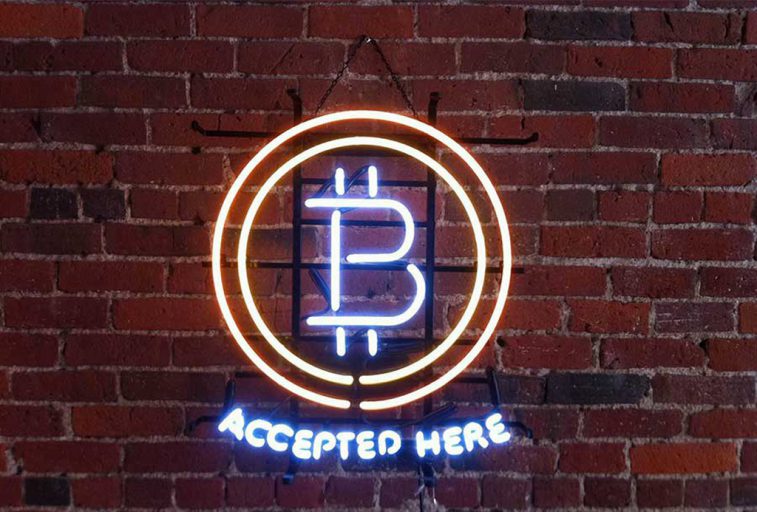
Sellers don't want to hold bitcoins(i.e. use them as a store of value), which prevents their use asmeans of payment. Some argue that the seller can save 2-3% compared to credit cards, but it is overlooked that this seller needs to convert bitcoins to USD, having paid a commission and, possibly, having lost the exchange rate difference. At least the credit card commission is well known. Uncertainty about how much a seller will have to pay for an exchange for USD goes to customers in the form of higher prices and / or a less favorable BTC / USD rate. In other words, using Bitcoin as a means of payment is not very beneficial for consumers, so they do not use it.
Bitcoin reception is usually not tooincreases sales revenue. This is because Bitcoin is not in great demand by sellers. They see it as a way to increase sales and therefore immediately convert the received BTC into local currency. In the best case, this increases the downward pressure on the price of Bitcoin, as the offer for sale increases.
Even if spent the bitcoins then againbuys them on the market, in fact, he uses the largest cryptocurrency as a bad credit card: several transactions are required, commissions are higher, and consumer protection is less. In other words, it is much less convenient, and therefore the worst means of payment.
Holders (holders) do not like to spend
Trying to artificially create demand for a means of payment is like putting a cart in front of a horse.
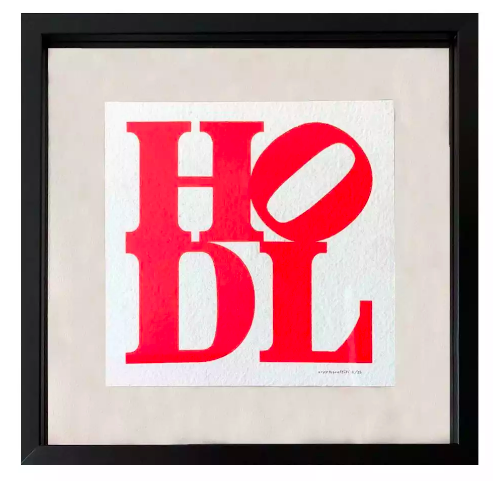
Firstly, most people holding bitcoins,Do not seek to use them as a means of payment. To do this, it is much more convenient to keep cash at the bank and use a credit card. Those who appreciate the scarce nature of Bitcoin believe that in the long run its price will rise, and therefore there is little point in spending it now.
Secondly, sellers do not want to keep receivedBitcoins, and accepting BTC as a means of payment cannot magically force them to do so. Just as a gift from a treadmill to an overweight relative cannot magically make him want to be slimmer, adding bitcoin as a payment alternative will not make the seller, who does not value it, wish to use it as a means of saving.
Artificial market intervention actually backfires as sellers rightly ask themselves:“If this is really valuable, then why are they trying to foist him on me?”
How Bitcoin will become a means of payment
How can Bitcoin turn into a means of payment? Or will it remain just “digital gold”?
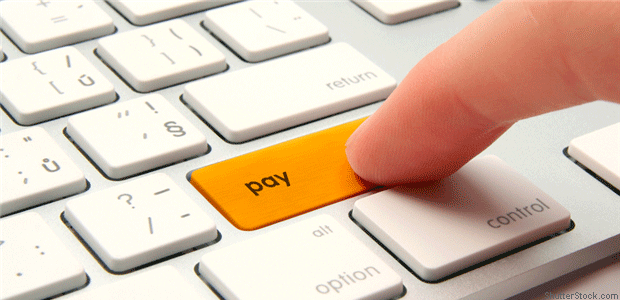
This is an ironic question as it is usedsupporters of other means of payment who want to denigrate Bitcoin, but have little knowledge of history. For thousands of years, gold has been used not only as a store of value, but also as a means of payment. From the point of view of monetary evolution, before people begin to fully use hard money as a means of payment, several conditions must be met.
First, sellers must choose to usecash as a store of value. Many people say for marketing purposes that they like Bitcoin, but few are really willing to mess with it. We can say that they really do not want Bitcoin, because they still use other means of payment. Take, for example, sellers from the black market in Venezuela. Do they take bolivars for their goods? No. Bolivar depreciates too quickly, so these sellers need a harder currency as a store of value.

Secondly, consumers need productor a service so strong as to be ready to part with your precious bitcoins. Hodlers have low time preferences and therefore resist sales tactics well. The product or service must be truly worthwhile so that they part with their money.
In other words, sellers need Bitcoin as a store of value and produce better products in order to attract Bitcoin hodlers.
Bitcoins are not enough at presentdemanded by sellers. Even when they receive them, they do not want to keep them. In addition, Bitcoin holders are not seduced by what sellers offer, and therefore they use fiat currency. Until this gap is closed, the flow of bitcoins from holders to sellers will be small, which means that their use as a means of payment will be limited.
The futility of intervention
The Bitcoin community would like sellersperceived Bitcoin as a means of saving. However, the increase in the adoption of Bitcoin as a means of payment does not change the desire of sellers. In the best case, this puts downward pressure on the price of bitcoin. At worst, it leads to a mismatch of motivation, an inefficient allocation of resources and centralization.
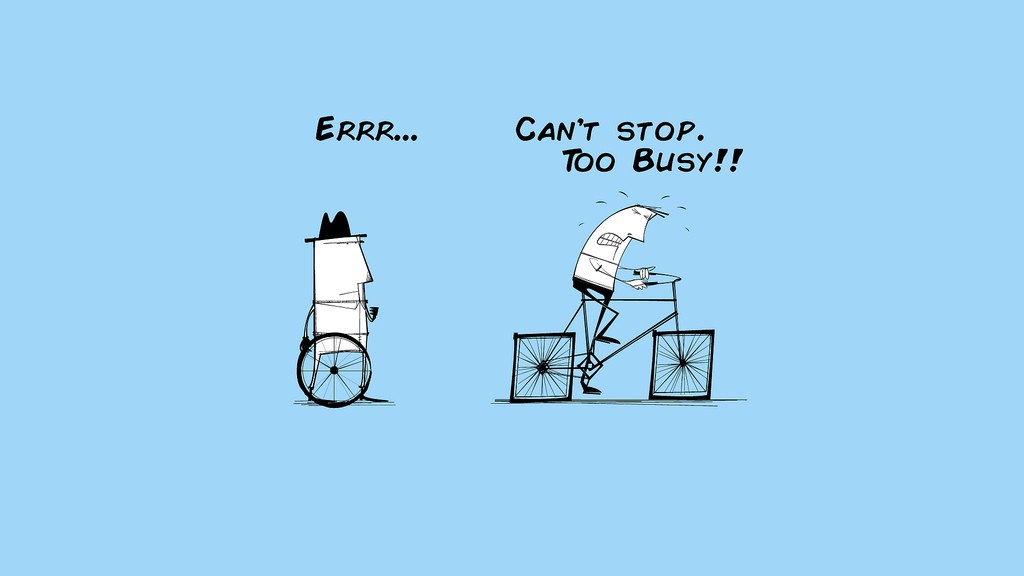
This is exactly what happened with BCH when tryingartificially create payment demand. Despite the millions spent on marketing, the billions spent protecting the BTC peg, and the time spent centrally trying to push the market toward billing, BCH still has fewer daily transactions than DOGE.
When patronizing interventionists take it for granted, instead of allowing the market to put everything in its place, a catastrophe looms.
Conclusion
Most people value Bitcoin for rarity. Therefore, the rest is good, but not necessary. There are many options for means of payment, but very few means of savings, and none of them is as resistant to confiscation as Bitcoin.
With the growth of Bitcoin adoption, sellers will beginconsider BTC as a store of value instead of other currencies. This is already happening to a certain extent in Turkey, Iran, Venezuela, etc. Only when a significant part of society sees in Bitcoin the potential of a means of preserving value will it be massively used as a means of payment.
</p>

